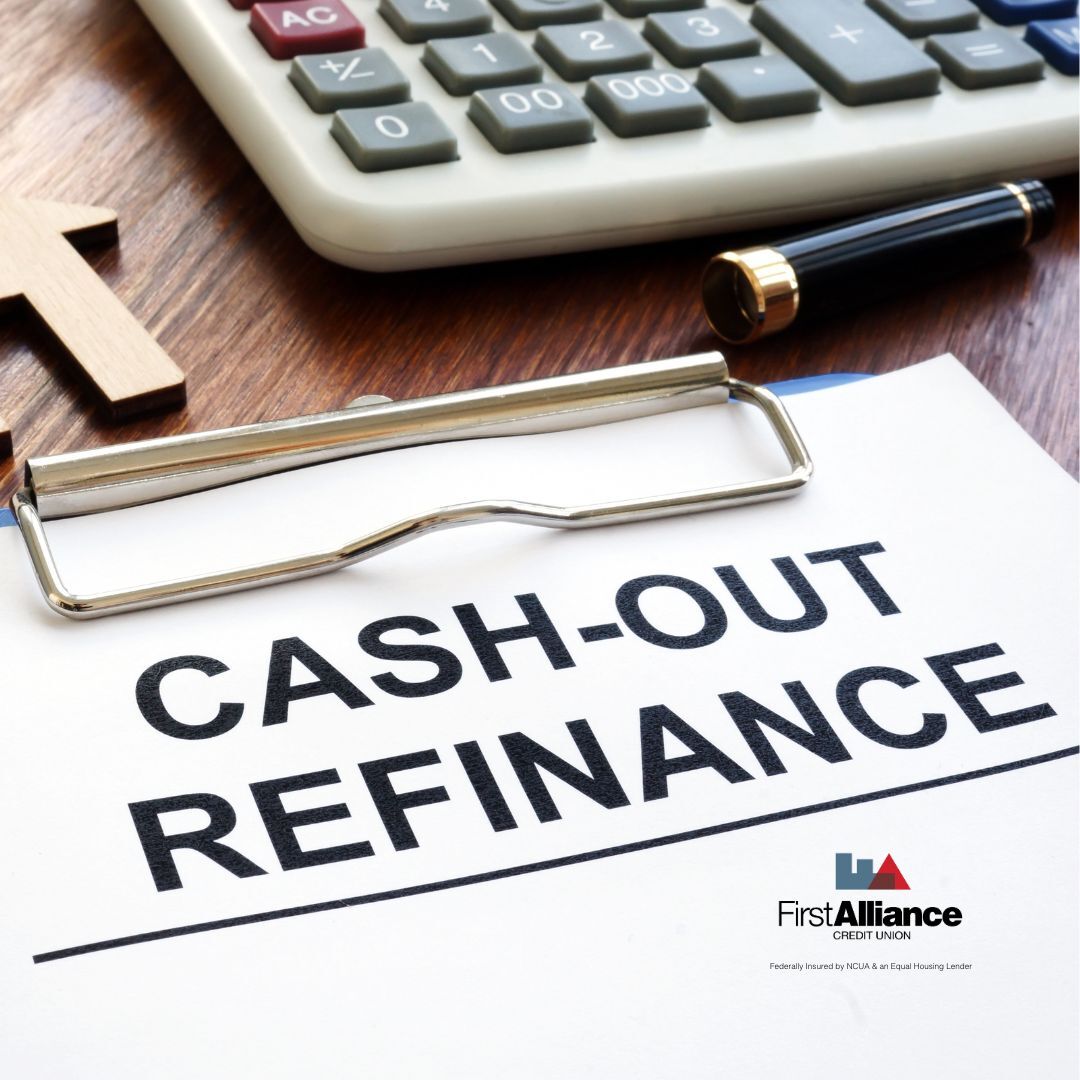How to Use Home Equity: Smart Strategies for Savvy Homeowners
Home Equity 101: A Quick, No-Jargon Refresher Home equity is the portion of your home you own rather than owe. Every mortgage payment you make and...

Picture your home as a giant piggy bank. Every mortgage payment you make chips a little more paint off that bank and reveals actual dollars inside. Those dollars are called equity, and a home equity loan is simply a safe, low-cost way to borrow some of them before you sell the house.

If your house could speak, its value would be the price a buyer is willing to pay today. Let’s say that number is $300,000. Now look at your most recent mortgage statement. Maybe you still owe $210,000. Subtract what you owe from what the house is worth and—boom—that $90,000 gap is home equity. It grows every time you pay down your mortgage or whenever local home prices rise. Think of it as money you already earned, just still trapped inside four walls and a roof.
When you ask a credit union for a home equity loan, you’re basically saying, “I’d like to borrow some of that stored-up value.” Because the house itself guarantees the loan, the interest rate is usually far lower than a credit card or personal loan. Lower rate equals lower monthly payment and fewer dollars lost to interest.
Two words you’ll hear a lot are collateral and lien. Collateral is the thing the lender can take if the borrower never pays back the loan. For a car loan, the car is collateral. For a home equity loan, the house is collateral. A lien is the legal bookmark that tells the county courthouse, “If this place is sold, the mortgage gets paid first, the equity loan second.” That’s why people sometimes call an equity loan a “second mortgage.” It sits behind your original mortgage in line for repayment, but both live on the same property without bumping into each other.

Home Equity Loan (Fixed-Term Loan)
A home equity loan puts a lump sum in your hands the day you close. If you borrow $25,000, you get the full $25,000 up front, the interest rate is locked, and your monthly payment stays the same until the balance hits zero—usually in five to fifteen years. This “one-and-done” approach works best when you know the exact price tag of your goal, like replacing a leaky roof or knocking out high-interest credit-card debt.
Home Equity Line of Credit (HELOC)
A HELOC is a reusable credit line that lives on your house for up to ten years. You might be approved for $50,000, but you can take as little—or as much—as you need, when you need it. Borrow $3,000 for a new furnace today, pay it back over a few months, and the full $50,000 becomes available again for the next surprise. During the draw period you only pay interest on what you actually borrow; once that window closes, you follow a set repayment schedule until the balance is gone.
Choosing What Fits
Pick a home equity loan when you want rock-solid predictability: one lump sum, one fixed rate, one steady payment.
Choose a HELOC when life demands flexibility—projects that creep over budget, future college costs, or a ready-to-go emergency fund.
Both options tap the same equity, but only you can decide whether your situation calls for the certainty of a fixed loan or the breathing room of a credit line.
Press play for Andrea’s quick tips on Home Equity Loans.
At First Alliance Credit Union the approval checklist feels a lot less scary than a first-mortgage marathon. You bring recent pay stubs, we pull your credit report, and we order an automated house valuation that works a bit like Zillow but with lender-grade math. Four numbers matter most:
Your history of paying debts on time.
The slice of your income already promised to other loans (that’s called your debt-to-income ratio).
How much equity is available in the house.
A budget conversation that proves the new payment won’t stretch you thinner than you’re comfortable with.
Notice what’s missing: a rigid minimum credit score. Life happens—medical bills, job hiccups, even a rough divorce—and our lending team cares more about your story and your current ability to repay than a single three-digit number.
Closing is quick and inexpensive. Expect a few county-recording fees and a modest mortgage-registration tax, but nothing like the mountain of costs you paid when you first bought the house. Most members go from application to cash-in-hand in just a couple of weeks.
Why would anyone use a home equity loan instead of a 25-percent credit card? Because equity loans usually cost a third—or even a quarter—of that rate. Lower interest means you keep more money for groceries, gas, and game-night pizza. Because the payment is built for a fixed term, you can see the finish line instead of treading water on revolving debt.
Yet there is a real-world risk: the house is on the line. Miss one payment and nothing dramatic happens; lenders typically won’t consider foreclosure until you’re three months behind. But if a family winds up six or seven months delinquent, the lender has the legal right to recoup the money by selling the home. That’s why honest budgeting up front is non-negotiable. Ask yourself, “If my job cut hours for two months, could I still cover this payment?”
Also watch the total amount you borrow. Taking every dime of available equity might feel empowering today, but it leaves zero cushion if home prices dip or you need to sell sooner than planned. Borrow only what fits your goal and your comfort zone, not the maximum number on the worksheet.

Most members use equity for things that either raise the home’s future value or improve the family’s financial health right now—think finishing a basement, paying for college at a lower rate, or consolidating credit cards that are chewing through the budget. Some keep a HELOC open purely as an emergency fund; unused credit costs nothing at First Alliance, so it just sits there like a financial fire extinguisher.
Whatever your reason, remember that a home equity loan is not “extra money” in the lottery sense. It is money you already earned and locked into bricks and drywall. Treat it with the same respect you gave the mortgage. Plan where every dollar will go before you sign. Build the payment into your spending plan so it doesn’t surprise you. And keep an eye on your equity balance the way you watch your checking account—after all, both are part of your net worth.
Your house has been quietly building equity for years. If a home project, a debt-pay-down plan, or a just-in-case safety net would make life smoother, let’s talk. Our team at First Alliance Credit Union will explain the numbers in plain language, help you choose between a fixed loan and a line of credit, and make sure the payment fits your real-life budget—no pressure, just guidance. Because your home should do more than give you shelter. It should give you possibilities.

Home Equity 101: A Quick, No-Jargon Refresher Home equity is the portion of your home you own rather than owe. Every mortgage payment you make and...


Believe it or not, the best part about buying a home might not be getting a place to call your own. You also get access to your home’s equity, an...